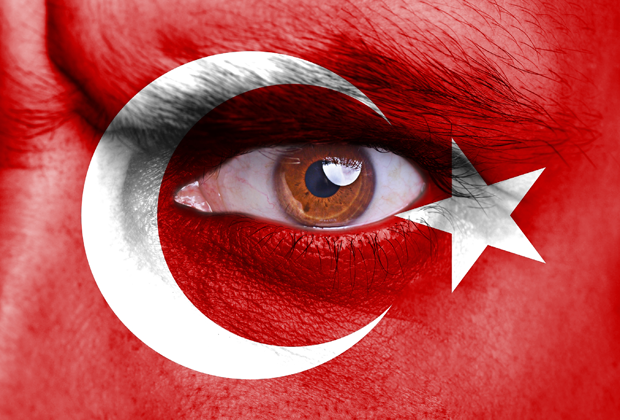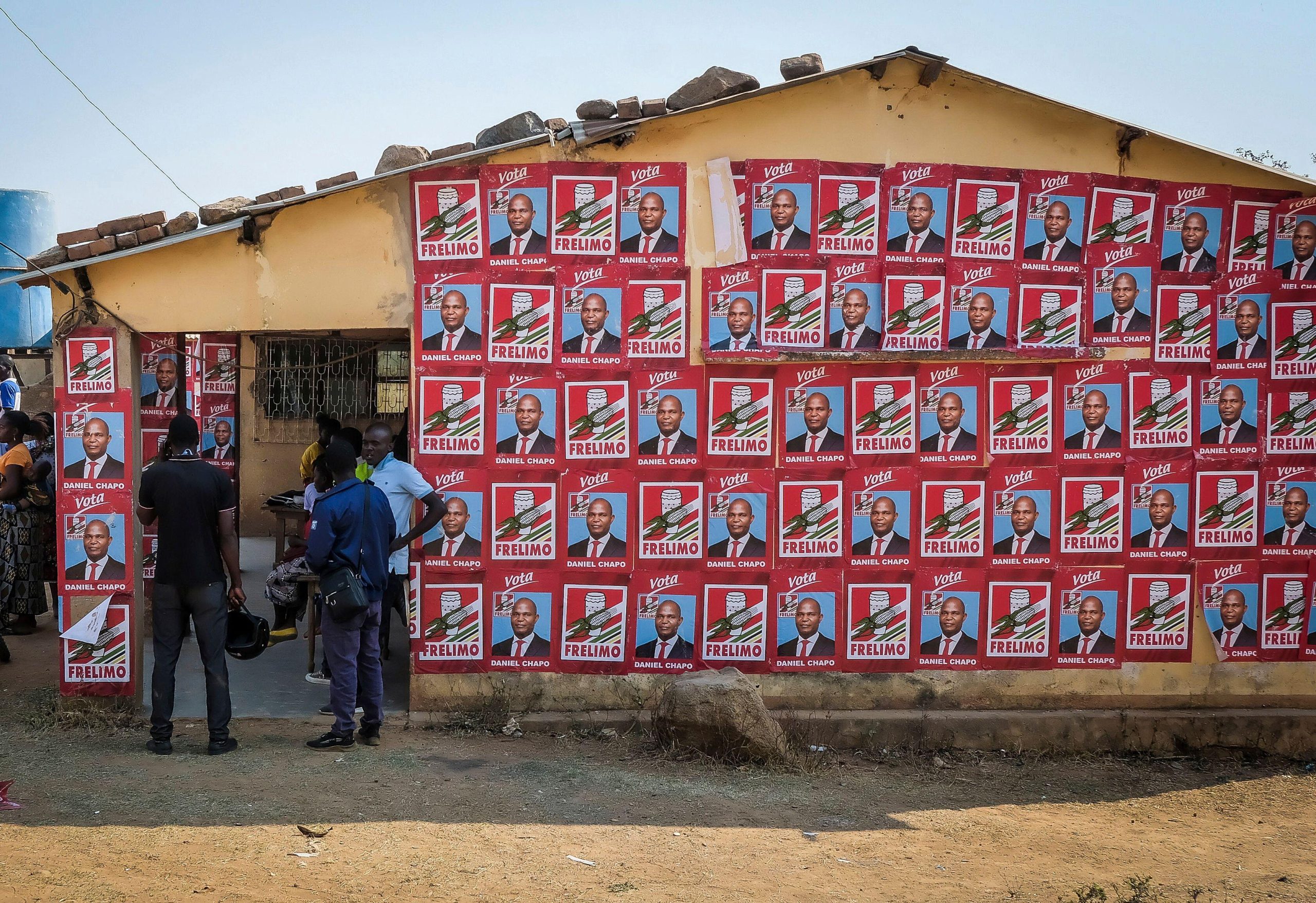
Photo illustration: Shutterstock
Since the beginning of this year, cases of assault against journalists, legal threats and lay offs worsened Turkey’s already precarious state of press freedom.
In May, Freedom House ranked Turkey’s media climate “not free.” The Istanbul-based non-profit news website Bianet publishes quarterly media monitoring reports on press freedom breaches within Turkey. Along with new fines against media outlets and other ominous restrictions, the most recent report shows that physical assault against journalists increased over the last three months. According to the new report, 54 journalists were victims of assault between April and June. Bianet’s previous report documents “at least” 40 accounts between January and March.
Erol Önderoğlu, author of Bianet’s media reports, attributes the increased number of assaults this spring to recent demonstrations where journalists were injured. This May, protestors commemorated the first anniversary of the Gezi Park demonstrations, just a few weeks after large protests took place on May 1. Önderoğlu says police and other security officers are more prone to use violence at protests. “They think they have the right to exert a certain violence against demonstrators,” he says. Önderoğlu sees last year’s Gezi Park protests as a turning point for this kind of aggression towards journalists at demonstrations. Since then, Önderoğlu says, police officers became the main source of violent assault against journalists.
At May 1 protests in Istanbul, at least twelve journalists were injured while reporting. One editor for the news website t24 was detained by police for hours. Violence against journalists erupted again during the Gezi commemorations this year. While reporting live from the protests, CNN correspondent Ivan Watson was harassed by plainclothes security officers who demanded to see his passport. Watson and his crew were then detained and Watson tweeted that he was kneed while in police custody.
Many journalists don’t file legal complaints after they’ve been assaulted. According to Önderoğlu, especially journalists working for mainstream news outlets feel their own jobs may be threatened if they speak out against police. “They have this feeling that by condemning civil servants and police officers for using force, they are in a way putting the board and the directors of their own media organization in a bad position,” Önderoğlu says, adding that because of the lack of editorial independence in Turkey, conflicts with government can lead to journalists being fired. Earlier this year, the extent of Prime Minister Erdoğan’s influence over some media organizations was revealed by leaked phone conversations between Erdoğan and the owners of media outlets, including the newspaper Milliyet and broadcaster Habertürk.
The journalists Ahmet Şık, Onur Erem and Ender Ergün did file a complaint over abuse of authority after being assaulted during the 2013 Gezi Park protests. Six months later, their cases were rejected by an Istanbul prosecutor. Bianet reported that 153 journalists were injured during the Gezi Park protests. There still has not been an investigation into those injuries, and Önderoğlu sees the rejection of Şık, Erem and Ergün’s cases as a bad precedent for assaulted journalists seeking justice. “We need not only the stop of police aggression,” Önderoğlu says, “but also the end of impunity against policemen of such accusations.”
More reports from Turkey via mediafreedom.ushahidi.com:
Turkey: Broadcaster threatens to stop covering presidential candidate
Turkey: Physical assaults on journalists increase
Turkey: Media monitoring agency revokes license for Germany-based broadcaster
Turkey: Prime Minister files legal complainst against newspaper editor
This article was posted on August 1, 2014 at indexoncensorship.org





